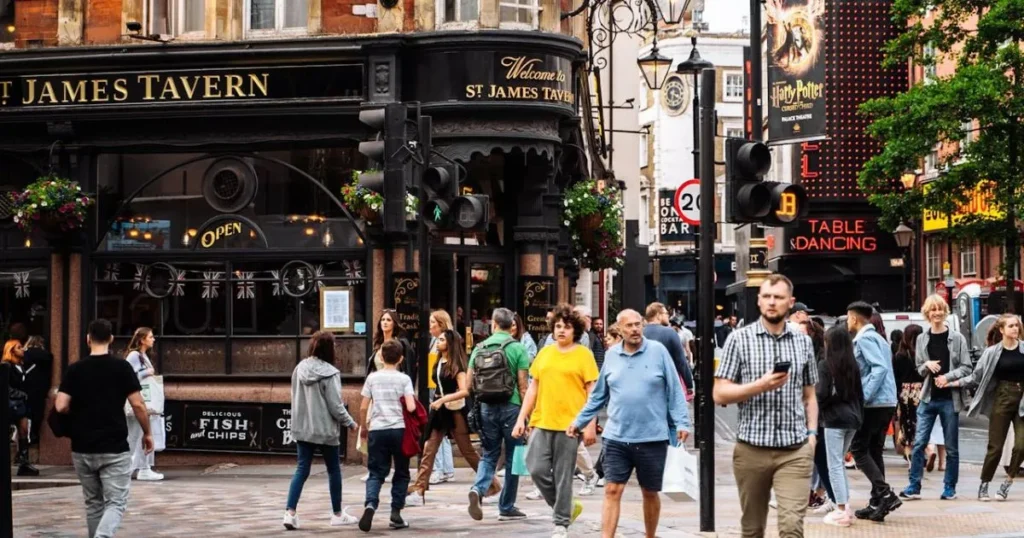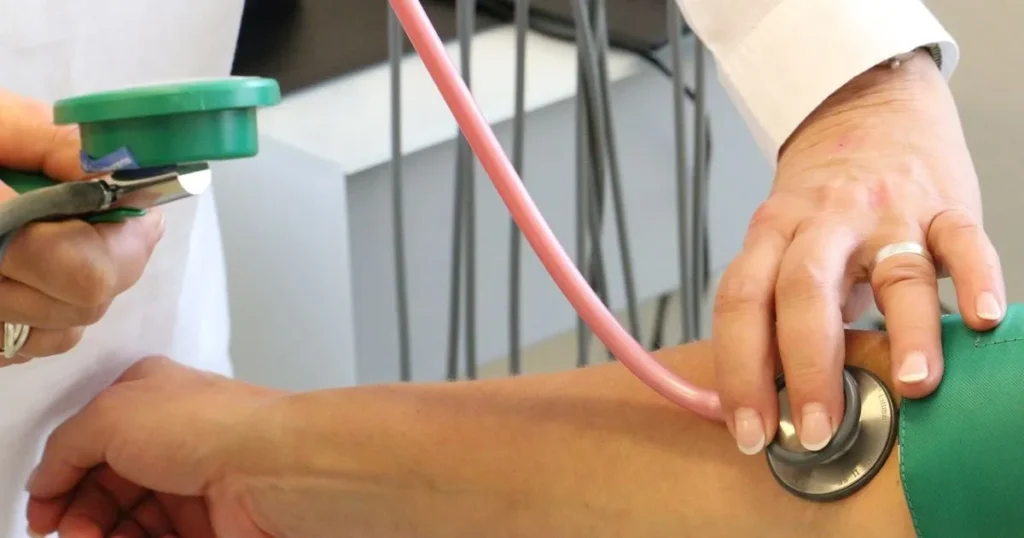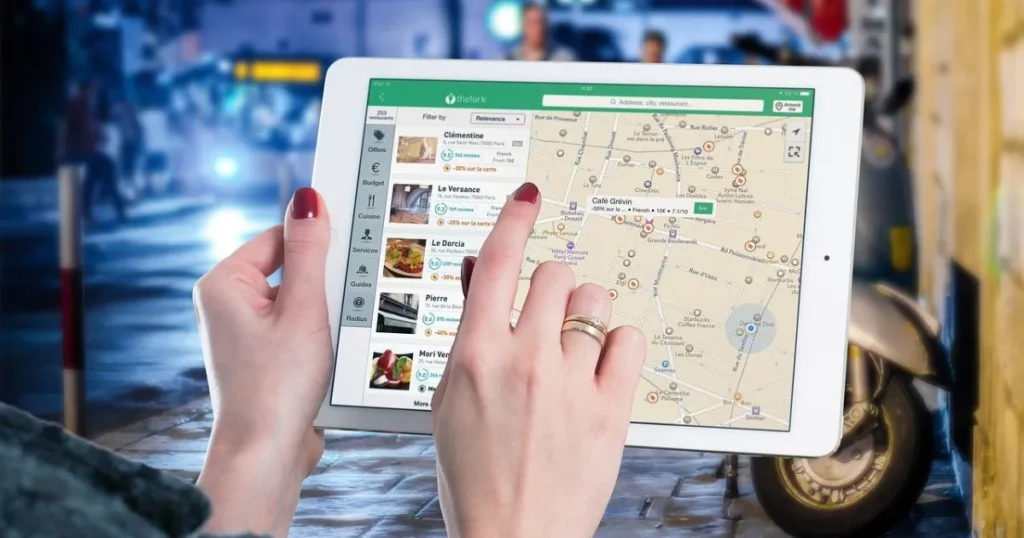Traveling to Europe has always been a dream for many, but you might be asking yourself, is it safe to travel to Europe now? Given the various concerns about health, security, and overall safety in today’s world, this question is more relevant than ever. As you plan your trip, it’s crucial to navigate through the current safety landscape, understand potential risks, and find ways to stay safe while exploring the breathtaking cultures and landscapes that Europe has to offer. By staying informed, preparing adequately, and adopting proactive safety measures, you can enjoy a memorable and enriching travel experience in Europe with confidence.
Table of Contents
Understanding the Current Safety Landscape in Europe
Overview of Safety Trends in Europe
In recent years, Europe has experienced a mix of challenges that impact travel safety. While it remains one of the most popular destinations for tourists worldwide, factors such as political unrest, health crises, and natural disasters can shape the safety narrative. Government travel advisories often provide insight into current conditions, and it’s wise to stay informed by regularly checking these updates before your journey.
According to the U.S. Department of State, many European countries have varying safety ratings based on local conditions. For example, countries like Norway and Finland are often regarded as very safe due to their stable political environments and low crime rates. In contrast, regions experiencing political strife, economic instability, or civil unrest may warrant extra caution. Understanding these trends can help you make informed decisions about where to travel within Europe, enabling you to choose destinations that align with your comfort level and preferences.
Example:
In 2022, there were notable protests in France regarding various political issues. While these were largely peaceful, they occasionally disrupted travel. Staying updated with local news and advisories can help you avoid such disruptions and ensure a smoother travel experience. For travelers, it’s crucial to monitor not only safety advisories but also the local media landscape to stay informed about potential protests, demonstrations, or strikes that could impact your itinerary. By keeping an eye on these developments, you can better plan your trips around them, minimizing disruptions to your travel plans and enhancing your overall experience.

Statistics on Travel Safety
Understanding travel safety through statistics can help you feel more secure in your planning. Recent data shows that while crime rates in popular tourist areas may be slightly higher than the national average, most visits to Europe are incident-free. In fact, a report from the European Union Agency for Fundamental Rights indicates that the likelihood of experiencing crime while traveling in Europe is relatively low.
Key Statistics to Consider:
Violent crime rates in Western Europe are significantly lower than in many other regions of the world, with countries like Iceland consistently ranking among the safest. This region’s stable political climate, strong law enforcement presence, and low levels of violent crime contribute to its reputation as a safe travel destination.
The overall risk of serious incidents during travel is reduced when tourists take standard safety precautions. A 2021 survey indicated that 80% of travelers reported feeling safe during their trips. This statistic underscores the importance of using common sense measures like staying aware of your surroundings, avoiding risky areas, and securing your belongings to mitigate the potential for incidents.
These statistics highlight that while some risks exist, the vast majority of travelers enjoy their experiences without encountering serious safety issues. By understanding these figures and taking necessary precautions, you can travel with greater confidence in Europe, knowing that the likelihood of serious incidents remains low.
Safety Considerations for Travelers
Health and Wellness Risks
One of the most significant concerns for travelers today is health-related risks, particularly those stemming from the COVID-19 pandemic. Before traveling, it’s crucial to familiarize yourself with the latest health guidelines and requirements set by both your home country and your destination. Many European countries have implemented health protocols, including vaccination requirements, testing, and mask mandates. For instance, as of now, countries like Italy and France have specific entry requirements that travelers must comply with, including proof of vaccination or recent negative test results.

Preparing for Health Risks
To ensure your health and safety while traveling, consider these essential tips:
- Vaccination Status: Ensure that your vaccinations are up to date, including any specific shots required for travel. Many countries now ask travelers to provide proof of COVID-19 vaccination. This not only protects you but also minimizes the risk of spreading the virus.
- Health Essentials: Pack items such as masks and hand sanitizer to help keep you safe while on the move. Some travelers even carry extra masks and sanitizing wipes for high-touch areas like planes and public transport. It’s wise to carry a small medical kit with basics like pain relievers, band-aids, and antiseptic wipes, especially in areas where medical services may be limited.
- Research Health Services: Look into the availability of medical services in the areas you plan to visit. This includes knowing where the nearest hospitals or clinics are located. You can use resources like the World Health Organization or local health department websites to get accurate information. Having this information readily available can provide peace of mind, especially in emergency situations.
Crime and Personal Safety
While Europe is generally safe for travelers, petty crimes such as pickpocketing can occur, especially in crowded areas and tourist hotspots. Being mindful of your environment and taking simple precautions can greatly lower your risk.
- Tips for Staying Safe:
- Stay Alert in Crowded Places: Keep an eye on your belongings, especially in busy markets or public transportation. Consider using anti-theft bags or pouches designed for tourists to prevent theft.
- Keep Valuables Secure: Use a money belt or a secure bag that zips to deter thieves. When sitting in a café or on public transport, keep your bag on your lap or secured to the seat.
- Avoid Walking Alone at Night: If you’re unfamiliar with an area, try to stay in well-lit, populated places or consider using rideshare services. Always trust your instincts—if a situation feels uncomfortable, it’s okay to remove yourself from it.
By following these precautions, travelers can enjoy their trips with confidence and security, minimizing the risks associated with health concerns and personal safety.

Regional Safety Insights
Western Europe
Countries in Western Europe, such as Germany, France, and the Netherlands, generally have low crime rates and robust emergency services. However, certain areas may require extra caution, particularly in urban centers. Always check local news for updates on any incidents that may affect your travel plans.
- Example: In Paris, while the city is renowned for its beauty, pickpocketing can be common in tourist areas like the Eiffel Tower and Montmartre. Staying aware and taking precautions, such as using secure bags, can greatly reduce your risk. It’s important for travelers to be vigilant in busy places and to remain cautious about their surroundings. Public spaces like these are often targeted due to their high foot traffic and potential for distraction, making it easier for thieves to operate.
Eastern Europe
Eastern Europe can present unique safety challenges, particularly in countries facing geopolitical tensions. Countries like Ukraine and Belarus are currently experiencing heightened risks. However, many Eastern European nations like Poland and Hungary are safe for travelers. Always check the latest travel advisories before visiting these regions.
- Example: While visiting Poland, you can explore beautiful cities like Krakow and Warsaw, both of which have low crime rates and are welcoming to tourists. Engaging with locals and utilizing reputable services will enhance your experience and safety. Poland, in particular, is known for its rich history and cultural heritage, attracting travelers with its historical sites and friendly locals. The crime rate in these cities remains low, but travelers should still remain cautious and take common-sense precautions, such as avoiding isolated areas at night and keeping personal belongings secure.
Southern Europe
Southern European countries, including Italy and Spain, remain top tourist destinations, known for their rich history and vibrant cultures. While these places are generally safe, be cautious of tourist scams and take steps to protect your belongings.
- Scams to Watch For:
- Be aware of individuals posing as officials asking for identification. These scams can occur in busy tourist areas where language barriers and crowds make it difficult to notice subtle tricks.
- Some areas may have groups that distract you while another steals from you. Make sure to keep your belongings nearby and remain attentive to your surroundings. This is particularly common in crowded markets, train stations, and popular tourist attractions, where tourists are often overwhelmed and susceptible to scams.
By staying informed and taking these precautionary measures, travelers can enjoy their time in Western, Eastern, and Southern Europe with greater peace of mind. It’s essential to stay updated with local news and travel advisories, especially when planning visits to regions with varying safety profiles. Being cautious about common scams and risks can greatly enhance your travel experience, allowing you to fully appreciate the beauty and culture these regions offer.
Traveler Resources and Support
Utilizing Travel Insurance
In today’s unpredictable travel environment, having travel insurance is more crucial than ever. A good travel insurance policy can protect you against a variety of issues, from trip cancellations to medical emergencies.
What to Look For:
Coverage for Health-Related Incidents, Including COVID-19: Many travel insurance policies now offer pandemic coverage, which can include medical treatment abroad and trip interruptions due to health crises. This coverage is essential for ensuring you are protected in case of illness while traveling, especially in countries where healthcare costs can be high. It’s important to verify that the policy covers COVID-19-related issues comprehensively, including testing, treatment, and potential quarantine costs.
Trip Cancellation and Interruption Coverage: This type of coverage protects your financial investment if you must change your plans unexpectedly due to unforeseen circumstances, such as illness, natural disasters, or family emergencies. It reimburses you for non-refundable expenses like flights, hotels, and tours. This coverage is particularly valuable in the current climate, where travel disruptions are frequent and can result in significant financial loss.
24/7 Emergency Assistance Services: Having access to round-the-clock support can be invaluable, offering help with lost luggage, emergency medical needs, and local contacts. These services can connect you with medical professionals, assist with finding local hospitals, and provide translations if needed. It’s beneficial to choose a policy that offers multilingual support, so you can communicate effectively in case of an emergency.

Government and Local Resources
Before you depart, familiarize yourself with the resources available for travelers. This includes locating your country’s embassy or consulate in your destination, which can offer assistance in emergencies.
Example:
If you lose your passport while in a foreign country, contacting your embassy can help you get a replacement quickly, minimizing disruptions to your trip. Having this immediate line of support can prevent the need for additional paperwork and delays, ensuring you can continue your travel plans with minimal inconvenience.
Additional Resources:
Local Government Websites: For up-to-date travel advisories and safety tips. Many countries maintain websites or dedicated travel sections where you can find real-time information on safety concerns, travel alerts, and other essential updates. These websites are a reliable source for knowing about issues like civil unrest, weather warnings, and health crises, allowing you to adjust your plans accordingly.
Travel Apps: Apps like Smart Traveler and TripIt can provide essential information at your fingertips. These apps often include emergency contact numbers for local services, which can be lifesavers in critical situations. They can help travelers find medical assistance, locate the nearest embassy or consulate, and receive safety alerts in real-time. Some apps also offer features like offline access to maps, so you can still navigate your way even without a stable internet connection.
When choosing a comprehensive travel insurance policy, it’s important to consider coverage for health-related incidents, trip cancellations, and 24/7 emergency assistance. This protection helps travelers feel confident and prepared, as it ensures they are financially and logistically ready for unexpected events like medical emergencies or changes in travel plans. Additionally, it’s advisable to carefully read the policy details and understand any exclusions to make an informed decision that best suits your travel needs. To further enhance safety and preparedness, travelers should also familiarize themselves with government and local resources, such as locating their country’s embassy or consulate in their destination and using travel apps for real-time safety updates.
FAQ Section
Here are some frequently asked questions to help travelers plan their trip to Europe safely and confidently:
- Is it advisable to travel to Europe right now?
- The safety of travel to Europe depends on current health and security conditions. It’s important to stay informed about travel advisories, local news, and the specific entry requirements for your destination. Following health guidelines and being aware of your surroundings can help ensure a safe trip.
- What health precautions should I take while traveling to Europe?
- It’s crucial to stay up to date with the latest health guidelines and requirements, including vaccination status, testing protocols, and mask mandates. Carry essential items like masks, hand sanitizer, and a small medical kit. Research the availability of medical services in your destination as well.
- How can I protect myself from crime while traveling in Europe?
- While Europe is generally safe, petty crimes like pickpocketing can occur in crowded tourist areas. Stay alert in these places, use secure bags, and avoid walking alone at night in unfamiliar areas. Keeping your belongings secure and being aware of your surroundings can help minimize risks.
- What should I look for in a travel insurance policy for Europe?
- Look for comprehensive travel insurance that covers health-related incidents, including COVID-19, trip cancellations, and provides 24/7 emergency assistance. This coverage helps protect you financially and logistically in case of unexpected events like medical emergencies or changes in travel plans.
- How can I access help in case of emergencies while traveling in Europe?
- Familiarize yourself with government and local resources, such as locating your country’s embassy or consulate in your destination. Many travel apps, like Smart Traveler and TripIt, provide real-time safety updates, emergency contact numbers, and other useful information to assist you in critical situations.
By understanding these aspects and planning accordingly, travelers can enjoy a safe and enriching experience in Europe.
Conclusion: Making Informed Travel Decisions
When considering a trip to Europe, it’s important to carefully assess the current safety landscape and your comfort level with health and security concerns. By staying informed, adequately preparing, and being mindful of your surroundings, you can enhance your travel experience and reduce risks. Traveling to Europe offers incredible opportunities to explore beautiful landscapes and rich cultures. With thoughtful planning and a proactive approach to safety, you can enjoy a memorable and enriching journey.

